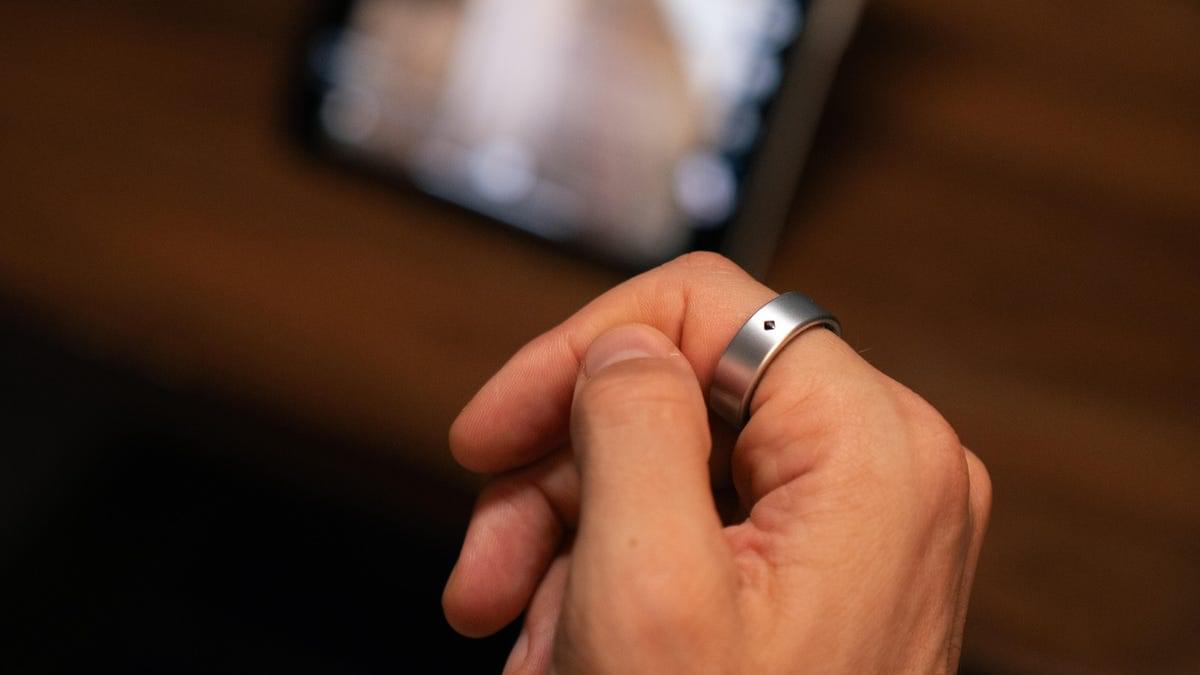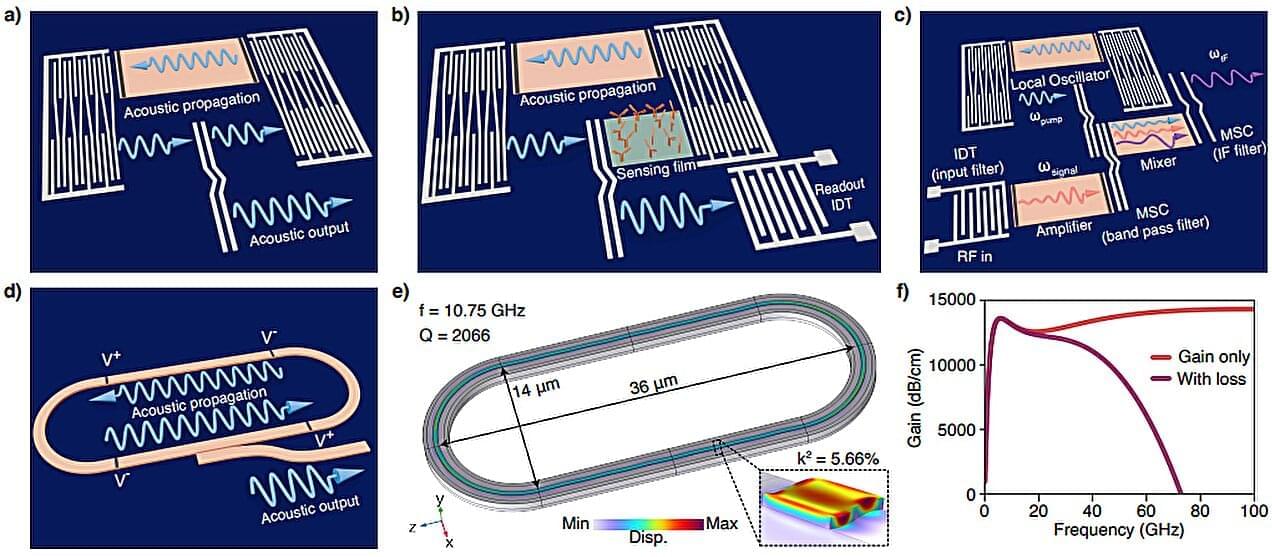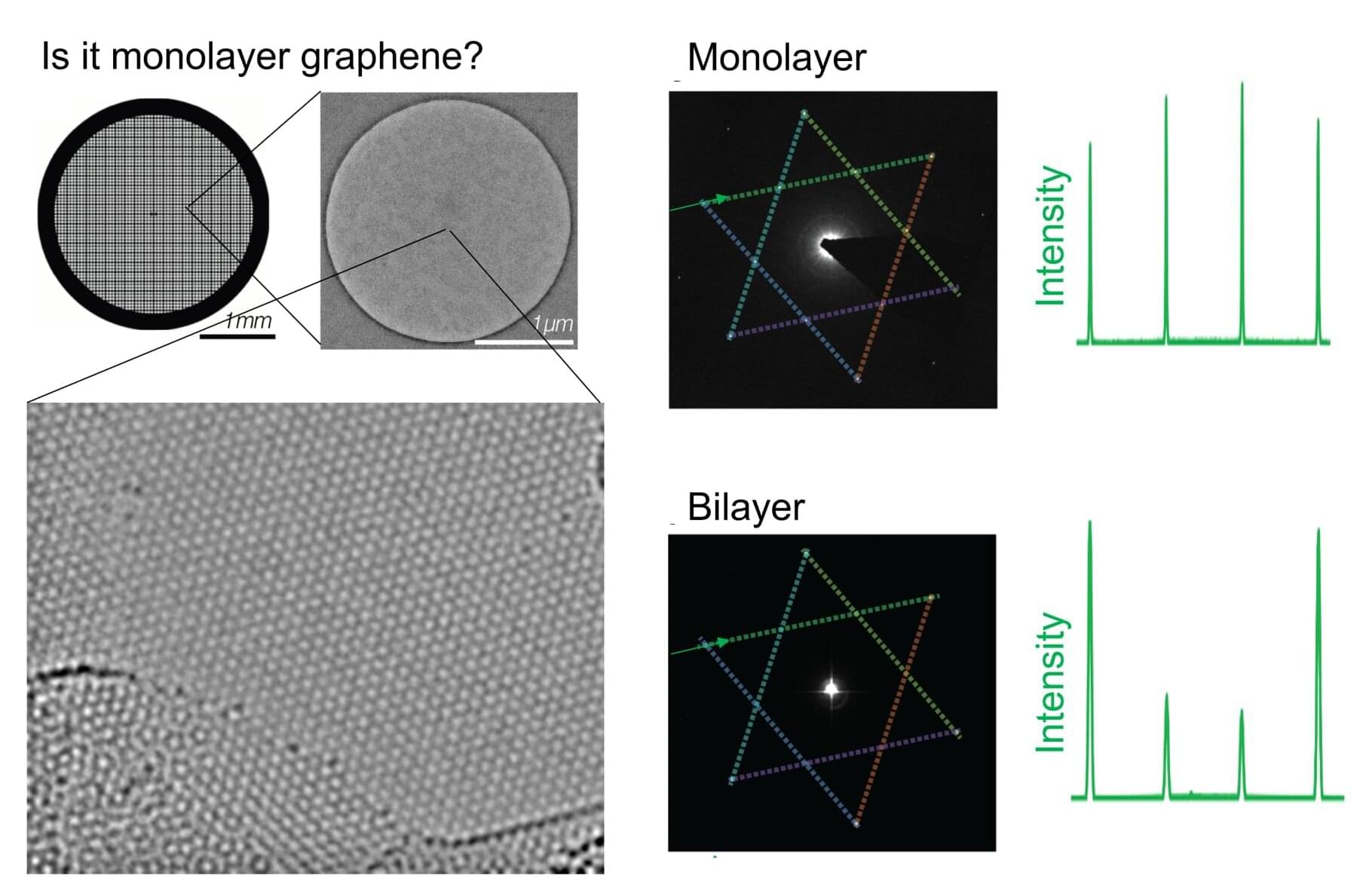Graphene could transform everything from electric cars to smartphones, but only if we can guarantee its quality. The University of Manchester has led the world’s largest study to set a new global benchmark for testing graphene’s single-atom thickness. Working with the UK’s National Physical Laboratory (NPL) and 15 leading research institutes worldwide, the team has developed a reliable method using transmission electron microscopy (TEM) that will underpin future industrial standards.
Researchers at the University of Manchester, working with the UK’s National Physical Laboratory and 15 international partners, have developed a robust protocol using transmission electron microscopy (TEM). The results, published in 2D Materials, will underpin a new ISO technical specification for graphene.
“To incorporate graphene and other 2D materials into industrial applications, from light-weight vehicles to sports equipment, touch screens, sensors and electronics, you need to know you’re working with the right material. This study sets a global benchmark that industry can trust,” said Dr. William Thornley, who worked on the research during his Ph.D.









